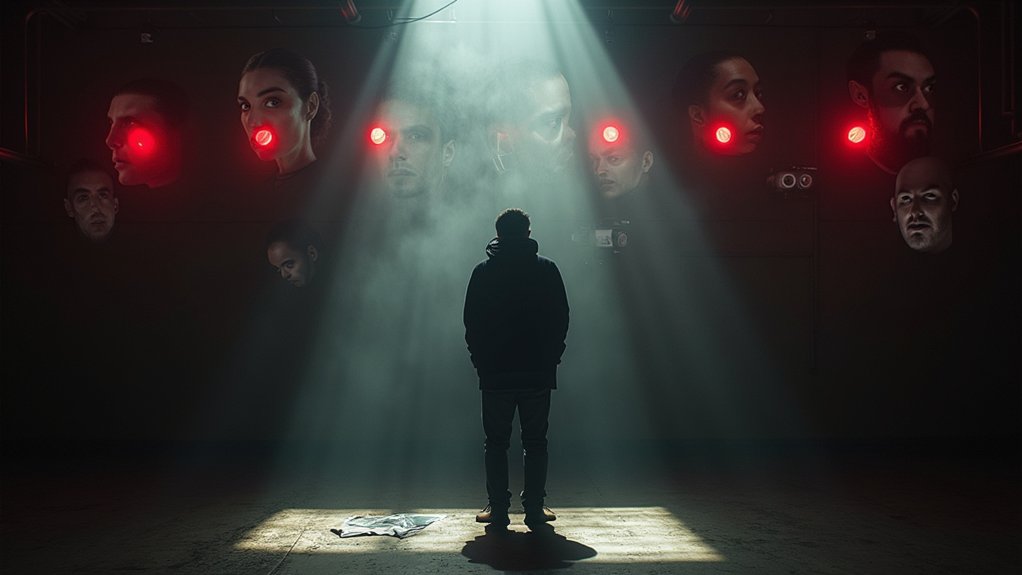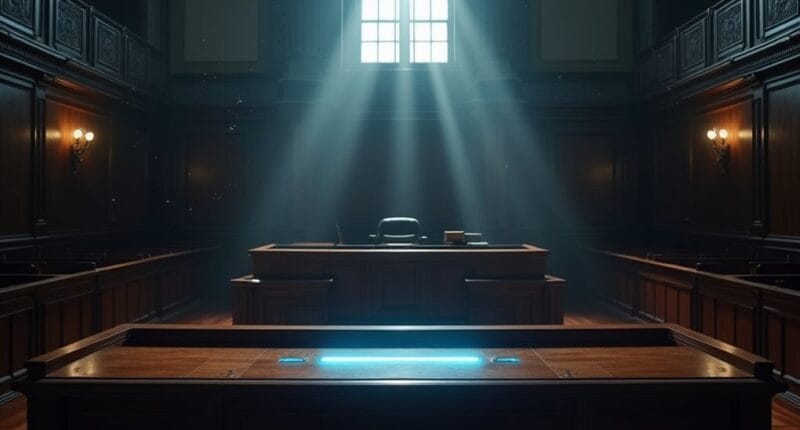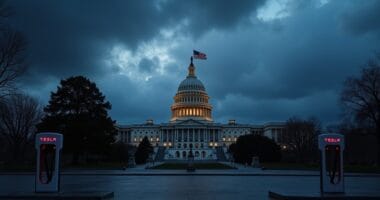Recent efforts to criminalize AI-generated political speech have sparked intense debate over First Amendment rights. While state officials worry about voter deception through deepfakes, civil liberties groups argue that political messaging deserves protection regardless of its origin – human or machine. With 550 AI-related bills expected in 2025 and the Supreme Court set to weigh in, the future of political discourse hangs in the balance. The battle between free expression and regulation is just beginning to unfold.

How much does it matter if a political ad was created by artificial intelligence?
That’s the explosive question facing the Supreme Court as it prepares to rule on whether AI-generated political speech deserves First Amendment protection.
With 550 AI-related bills flooding state legislatures in 2025, the stakes couldn’t be higher.
The case erupted when state officials tried blocking AI-generated campaign materials that mimicked a real candidate.
Talk about opening a can of worms.
Civil liberties groups jumped in, arguing that political messaging deserves ironclad protection – whether it comes from a human brain or a silicon one.
They’ve got a point.
After all, the landmark Care Committee v. Arenson case already established that citizens, not government bureaucrats, should be the judges of political truth.
Let voters, not officials, determine political truth – that’s the enduring wisdom from Care Committee v. Arenson.
Tech companies have warned against facing platform liability for AI content they don’t directly control.
Let’s get real here.
State officials are wringing their hands about voter deception, while digital rights advocates are screaming about free speech.
Meanwhile, lawmakers are tying themselves in knots trying to figure out if computer-generated political content should play by different rules than human-created messages.
Because apparently, we needed one more thing to argue about in American politics.
States like Arkansas have already enacted laws that make it unlawful to purposely injure candidates through the creation and distribution of deepfakes in elections.
The whole mess gets even messier when you consider deepfakes – those eerily convincing synthetic videos that make politicians say whatever their creators want.
Sure, it’s concerning.
But here’s the kicker: many legal scholars insist that banning AI-generated speech based on content is presumptively unconstitutional, especially in political contexts.
They argue that AI contributions to public discourse deserve the same protections as human speech. Period.
This isn’t just about some fancy new technology – it’s about fundamental rights.
As election administrators scramble to adapt to AI innovations (just like they did with TV ads back in the day), the core question remains: Do we trust voters to figure out what’s real, or do we let the government decide for us?
The Supreme Court’s answer could reshape American political discourse for generations to come.





